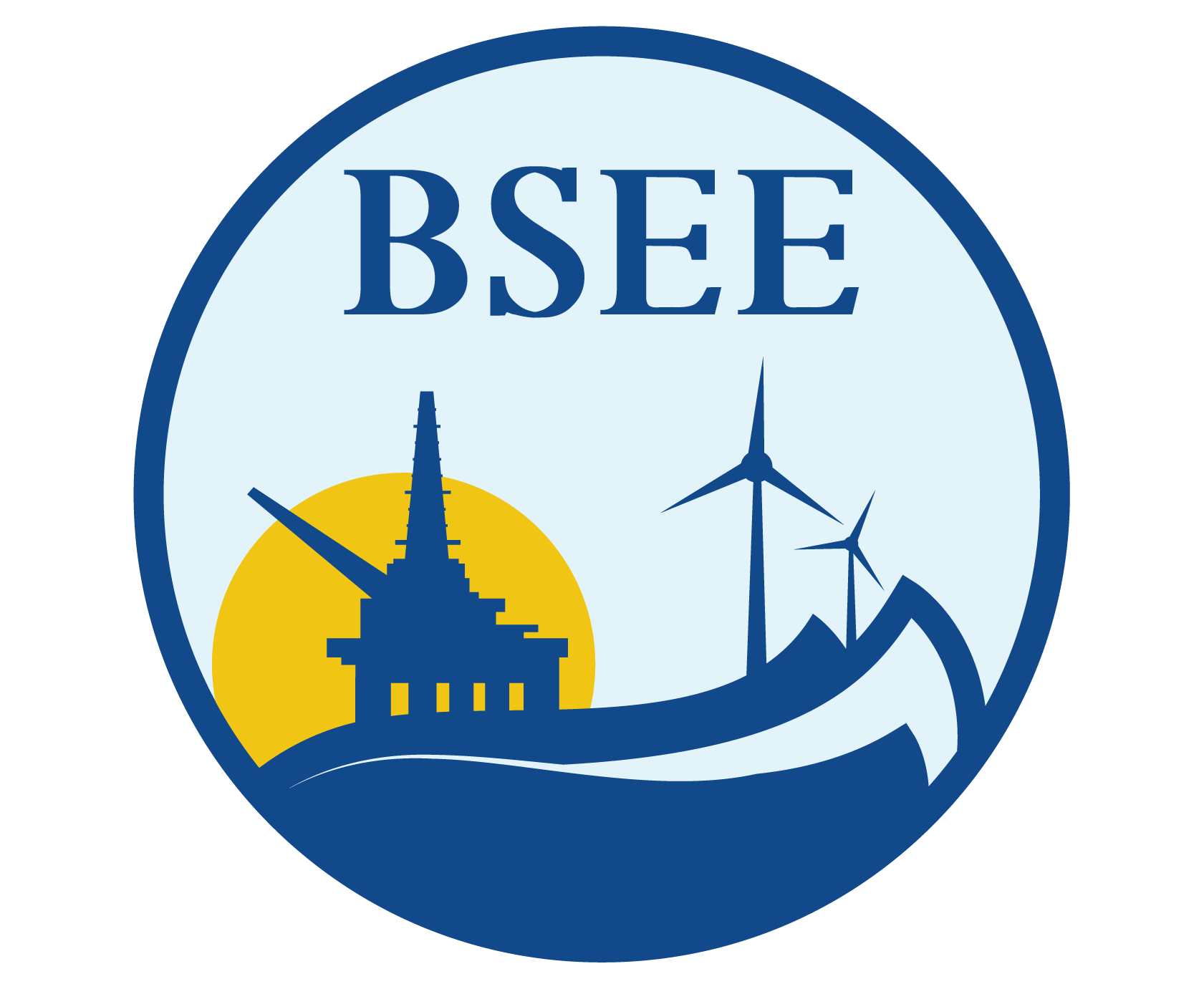Vision for Action
BSEE is committed to embedding the principles of environmental justice into every layer of BSEE’s operations.
- Engagement: We are setting new standards for how we engage with all stakeholders, particularly those from historically marginalized communities. We aim to transform our interactions into partnerships that are built on trust, respect, and mutual understanding.
- Innovation: We will harness innovative strategies that challenge conventional approaches, ensuring that our solutions are not only effective but also equitable. This involves thinking creatively about how we can use our resources and influence to foster environmental stewardship.
- Collaboration: Our success in implementing this plan will depend on our ability to collaborate—not just within BSEE but across agencies and sectors. We are committed to building partnerships that amplify our impact, fostering connections that bring diverse perspectives into our decision-making, and engaging in collaborations that drive meaningful progress.
BSEE developed a Draft Environmental Justice Implementation Plan that incorporates community feedback, supports the Department of the Interior's Environmental Justice Strategic Plan, complements Bureau of Ocean Energy Management policies, and incorporates actions pursuable under BSEE's legal authorities.
Connect With Us
Email environmentalstewardship@bsee.gov to engage with us on our Draft BSEE Environmental Justice Implementation Plan.
Join Our Mailing List
Email bseepublicaffairs@bsee.gov to receive announcements via BSEE's email subscription service.
What is environmental justice?
BSEE defines environmental justice as the fair treatment and meaningful involvement of all people regardless of race, color, national origin, or income, with respect to the development, implementation, and enforcement of environmental laws, regulations, and policies. We define community as those with shared or common exposures, risks, and interest in BSEE’s decision-making and activities affecting human health and the environment.
How is environmental justice part of BSEE’s mission?
Some of the impacts from BSEE’s decisions are experienced by communities onshore and many of those are indirectly related to BSEE-authorized activities, such as increases in port activities, supply chain considerations, or downstream processing of oil and gas. Accidental releases of oil and gas in the ocean environment, space use conflicts, or items left on the seafloor from offshore energy activities may disproportionately impact communities with environmental justice concerns, particularly those with unique dependencies on marine resources. Additionally, as we think about broader energy transition topics, what role does BSEE have in helping to ensure it is a just transition that does not repeat historical patterns of energy and resource development? Because OCS energy development has potential benefits for communities - in terms of jobs, possible revenue for communities, and connections to community identity - there are equity and justice considerations on how those benefits are distributed. Although these impacts and benefits are experienced onshore, they relate to ocean-based activities and are an important consideration for ocean justice.
More specifically, BSEE monitors the offshore industry’s compliance with the mitigation measures imposed on the offshore energy industry to eliminate or reduce environmental, health, and safety impacts. BSEE is conducting announced and unannounced inspections, developing safer technologies, ensuring operators follow safety and environmental management systems, and carrying out investigations when serious incidents occur. These activities are fundamentally aligned with environmental justice principles and inherently protect all populations potentially affected by offshore energy and mineral activities. BSEE also has an important role in engaging communities and providing transparent information on compliance monitoring, incident investigations, and enforcement actions to the public.
Guiding Orders and Policies
BSEE’s environmental justice efforts are guided by various executive orders, Department of the Interior policy, and other related initiatives, including:
Executive Order 12898 – Federal Actions to Address Environmental Justice in Minority Populations and Low-Income Populations
Executive Order 13985 – Advancing Racial Equity and Support for Underserved Communities Through the Federal Government
Executive Order 14008 – Tackling the Climate Crisis at Home and Abroad
Executive Order 14096 – Revitalizing Our Nation’s Commitment to Environmental Justice for All
2023 Ocean Climate Action Plan
Ocean Justice Strategy National Strategy for a Sustainable Ocean Economy
Events
On Oct 23, 2024, BSEE hosted a discussion with a small group of people who participated in the March 2024 Environmental Justice Strategy Dialogue. The meeting participants received a preliminary draft of BSEE’s Environmental Justice Implementation Plan. The discussion focus was on hearing and responding to community concerns and comments on the draft BSEE Environmental Justice Implementation Plan.
On March 19, 2024, BOEM and BSEE conducted a joint Environmental Justice Strategy Dialogue meeting with participants from various environmental justice communities across United States coastal areas. The meeting goals were to:
- expand the exchange of knowledge with communities,
- bolster environmental justice within bureau planning, policies, procedures, and decision-making, and
- jointly discuss possible near-term actions. Participant feedback would also help inform both bureaus’ Environmental Justice Strategy visions, missions, and goals.





